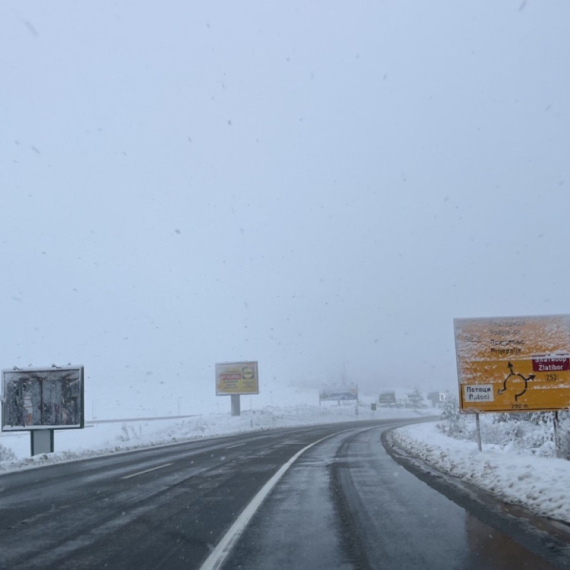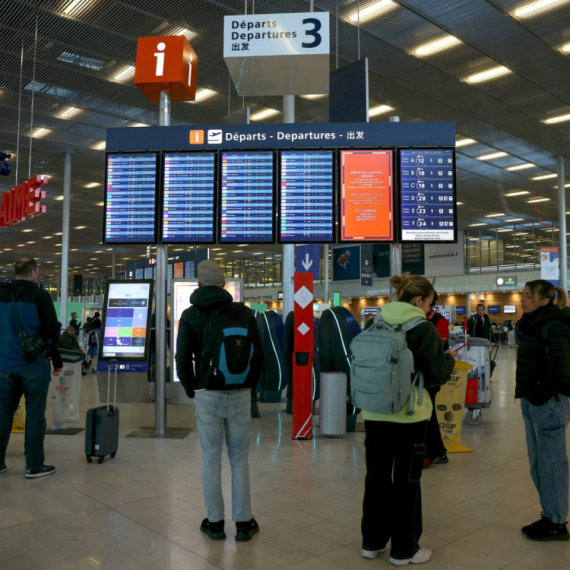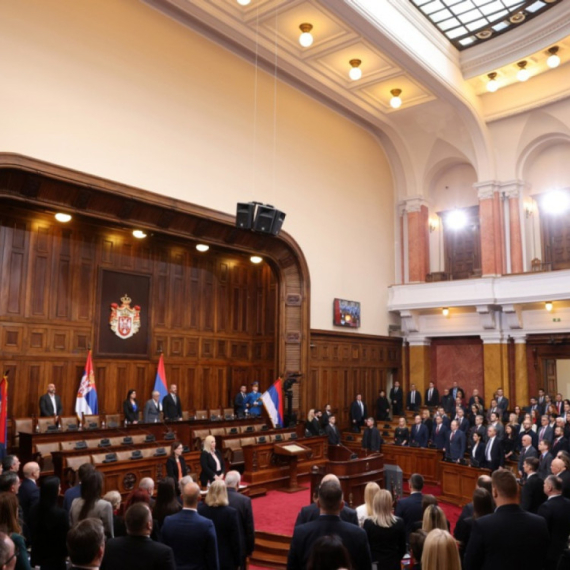"Key to Mladić case is in Belgrade"
Chief Hague Prosecutor Serge Brammertz says the key to resolving the case of the remaining two Hague fugitives is in Serbia.
Friday, 19.11.2010.
09:55

Chief Hague Prosecutor Serge Brammertz says the key to resolving the case of the remaining two Hague fugitives is in Serbia. "Mladic is either very skillful in hiding or the search for him is not proceeding well, he said on Thursday in The Hague, addressing a group of visiting journalists from Serbia. "Key to Mladic case is in Belgrade" Brammertz said that according to information he has obtained, a chance for arresting Mladic was missed in 2006 on purpose, and that Serbian authorities were asked to investigate the case. He could not say how far the investigation has progressed, adding that this is Serbia's internal affair. "Mladic is getting help from some people, and given that he is an army general, contacts with some people in Serbia's military or security structures cannot be ruled out completely," Brammertz noted. There is, however, no reliable information in this regard, he said. "Everyone expected Mladic to be arrested soon after Radovan Karadzic," according to Brammertz. "As two and a half years have passed since then, there must be a reason why he was not found," Brammertz told Serbian reporters visiting The Hague. "Mladic was last seen in Serbia in 2006," he said, adding that the question is whether he is very skillful in hiding or whether the search for him is not proceeding well.. He pointed to the need for prosecuting members of the network of assistants to Hague fugitives as a means of stepping up pressure on the fugitives. Commenting reports by some Belgrade media that an Interpol warrant has been issued for Mladic, Brammertz said this was done already in 1995. Brammertz's regular report on Serbia's cooperation has been sent to the UN Security Council, but will not be officially published until December. Serge Brammertz (Beta, file)
"Key to Mladić case is in Belgrade"
Brammertz said that according to information he has obtained, a chance for arresting Mladić was missed in 2006 on purpose, and that Serbian authorities were asked to investigate the case.He could not say how far the investigation has progressed, adding that this is Serbia's internal affair.
"Mladić is getting help from some people, and given that he is an army general, contacts with some people in Serbia's military or security structures cannot be ruled out completely," Brammertz noted.
There is, however, no reliable information in this regard, he said.
"Everyone expected Mladić to be arrested soon after Radovan Karadžić," according to Brammertz.
"As two and a half years have passed since then, there must be a reason why he was not found," Brammertz told Serbian reporters visiting The Hague.
"Mladić was last seen in Serbia in 2006," he said, adding that the question is whether he is very skillful in hiding or whether the search for him is not proceeding well..
He pointed to the need for prosecuting members of the network of assistants to Hague fugitives as a means of stepping up pressure on the fugitives.
Commenting reports by some Belgrade media that an Interpol warrant has been issued for Mladić, Brammertz said this was done already in 1995.
Brammertz's regular report on Serbia's cooperation has been sent to the UN Security Council, but will not be officially published until December.


























































Komentari 4
Pogledaj komentare